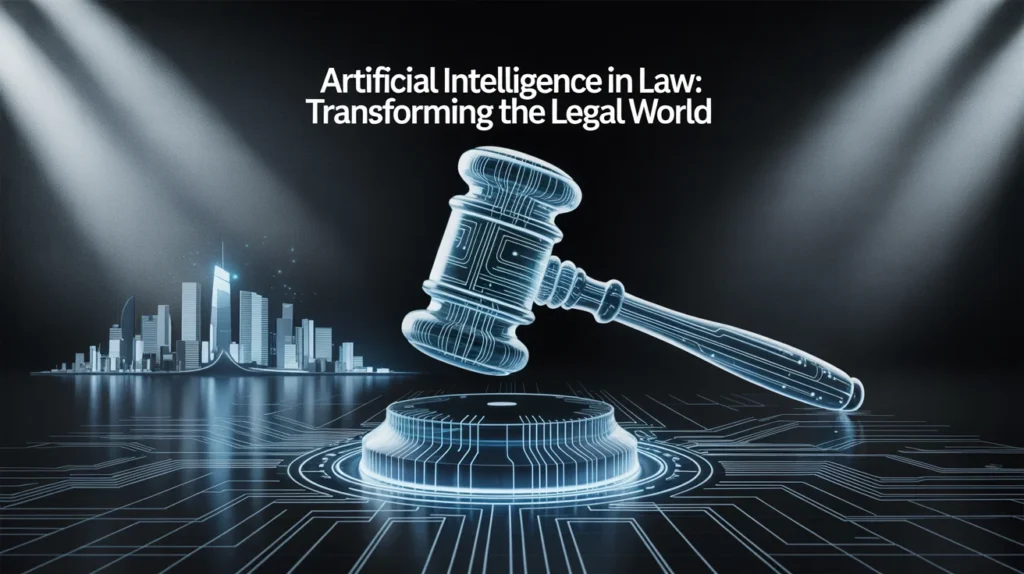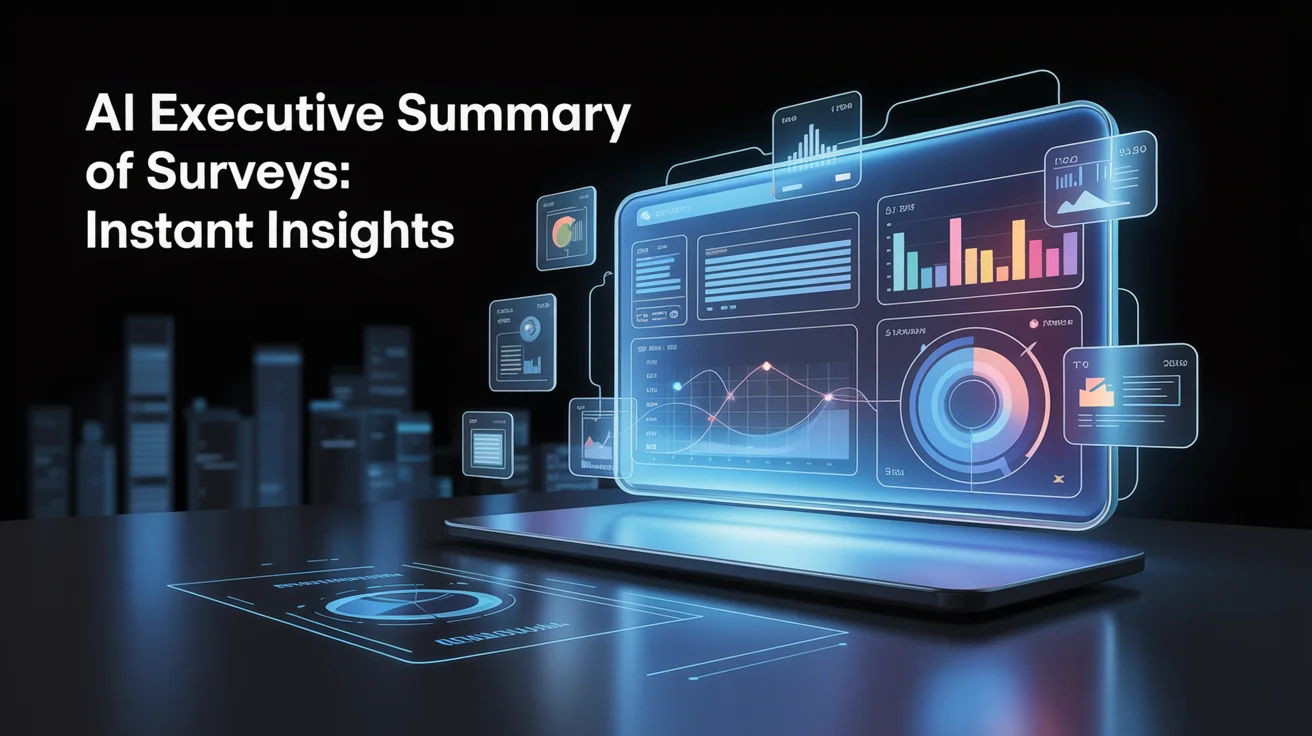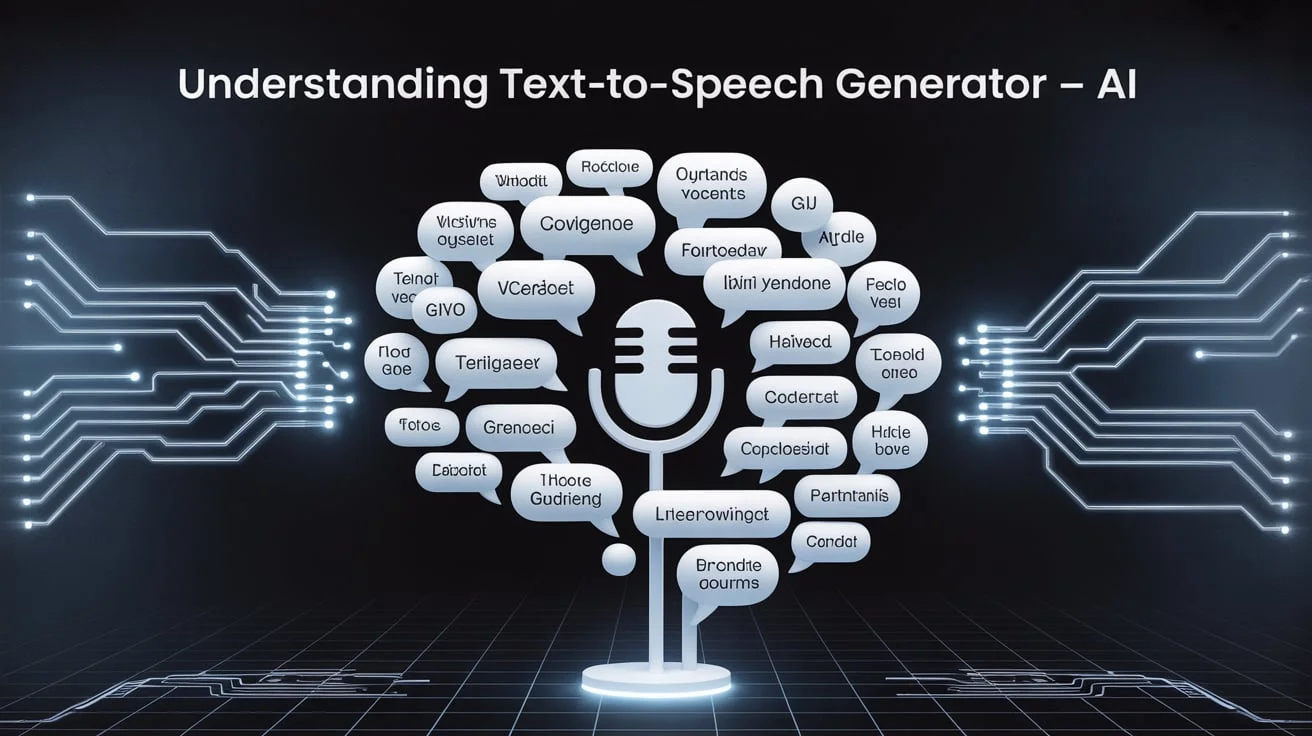Integrating artificial intelligence in law is rapidly redefining how legal professionals work. From document analysis to predictive analytics, AI brings speed, accuracy, and cost-efficiency to legal operations.
Once heavily dependent on manual work, the legal sector is now stepping into a new era led by machine learning and data automation.
This technological shift is not about replacing lawyers but enhancing their decision-making with innovative tools. With the rise of natural language processing and deep learning, AI systems can now analyze thousands of legal documents in seconds, saving hours of human labor.
How AI is Reshaping Legal Research and Case Analysis
Legal research has always been time-consuming, requiring lawyers to read endless statutes and case laws. With AI, this process has become faster and more reliable. Intelligent tools can extract relevant information based on context, not just keywords.
AI tools analyze previous cases and deliver legal arguments, outcomes, and patterns. They learn continuously, becoming smarter over time. This ability to adapt improves the quality of legal analysis and helps lawyers make better judgments.
Automation of Legal Document Drafting and Review
AI-powered systems are automating the creation and review of legal documents. These platforms reduce errors, ensure compliance, and improve turnaround time. Lawyers no longer need to spend hours drafting standard contracts or NDAs manually.
They can simply input the client data, and AI generates a custom document aligned with current regulations. Contract analysis tools can identify missing clauses or risks in minutes, resulting in better client service and lower operational costs.
Benefits of AI in Legal Document Drafting:
- Reduces human errors in contracts and legal forms
- Speeds up the drafting process significantly
- Flags potential risks, missing clauses, or inconsistencies
AI in Predictive Analytics and Court Judgments

Another powerful application of artificial intelligence in law is predictive analytics. By analyzing thousands of past cases, AI can predict possible trial outcomes, helping lawyers assess their cases’ strengths and weaknesses.
Clients get data-backed advice before moving into litigation. Predictive models consider judge behaviour, case history, and legal precedent. These insights are especially valuable in litigation strategies and settlement planning.
AI tools help:
- Estimate case outcomes based on similar past rulings
- Determine the chances of winning or losing a case.
- Assist in settlement decisions with risk calculation.
Improving Legal Compliance and Risk Management
Organisations face challenges in staying compliant. AI systems monitor policy updates, detect violations, and provide alerts. They also assess organizational data to flag legal risks, ensuring businesses follow local and international regulations correctly.
AI also tracks industry-specific compliance changes and adapts internal documentation. This is especially useful in sectors like finance, healthcare, and cybersecurity. It saves legal teams from manual compliance tracking and reporting.
Virtual Legal Assistants and Chatbots in Client Services
AI-based virtual assistants now handle client queries, appointment scheduling, and basic legal advice. These chatbots can respond 24/7 with accurate information, freeing lawyers for more complex tasks.
Many law firms use AI chatbots to offer first-line customer service, reducing waiting time. These bots answer FAQs, help clients navigate websites, and gather case-related information before the first consultation.
NLP in Legal Language Interpretation and Drafting
Legal language is often complex and filled with jargon. Natural Language Processing (NLP) helps interpret such language for lawyers and clients. NLP engines break down legal texts and make them easier to understand.
With NLP, AI tools can translate legal documents into plain language, improving communication. Legal professionals use NLP to ensure clarity in contracts and avoid misunderstandings.
NLP benefits in law:
- Converts complex legal jargon into easy terms
- Enhances document clarity and client understanding
- Assists in multilingual legal translation
AI and Ethical Concerns in the Legal Sector
The rise of artificial intelligence in law also raises ethical concerns. Data privacy, bias in algorithms, and accountability are key issues. If an AI tool gives wrong legal advice, who is responsible? Lawyers must supervise AI usage and ensure human oversight.
Bias is another concern. If AI is trained on flawed data, it may give biased recommendations. That’s why ethical AI development is critical in law. Transparency, accountability, and fairness should guide AI’s use in legal systems.
AI in Legal Education and Training
AI is also reshaping legal education. Law students now train with tools used in real law firms. AI-based simulations provide interactive learning experiences. They help students understand practical challenges through mock trials and case analysis.
Many universities are integrating AI into legal courses to prepare future lawyers. This makes education more relevant to industry trends. Students learn not just the law but also the technology that changes it.
Limitations and the Future of AI in Law
Despite its power, AI has limitations in law. It lacks human judgment, empathy, and ethical reasoning. AI can assist but not replace lawyers. Legal professionals must combine AI efficiency with human insight.
The future of artificial intelligence in law will be a balanced partnership. As AI becomes more advanced, its role will expand in compliance, contracts, and legal analysis. But human values and reasoning will always be the heart of justice.
Key limitations to remember:
- AI lacks empathy and moral judgment
- It can produce biased results if trained on flawed data.
- Overdependence may reduce critical thinking in lawyers.
Conclusion:
Artificial intelligence in law is no longer a future trend; it’s happening now. It improves research, compliance, drafting, and client service. However, responsible use is critical. The best legal systems will combine human values with innovative technology.
Lawyers must stay updated and adapt to this transformation. AI doesn’t replace legal minds; it enhances them. Embracing AI correctly ensures better legal outcomes, improved efficiency, and access to justice for all.
Frequently Asked Questions:
Q1: Can AI replace lawyers?
No. AI assists lawyers but cannot replace human judgment and ethics.
Q2: Is AI reliable in legal research?
Yes, when appropriately supervised. AI tools offer fast and accurate legal insights.
Q3: Are AI tools used in courtrooms?
Not directly for decisions. But they help with preparation and risk analysis.
Q4: Is AI affordable for small law firms?
Yes. Many AI tools are now available at flexible pricing for all firm sizes.
Q5: Does AI follow legal ethics?
AI tools must be programmed to respect privacy, transparency, and fairness.




